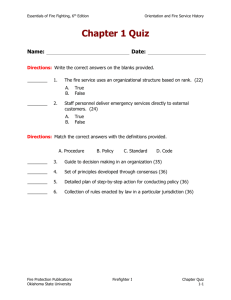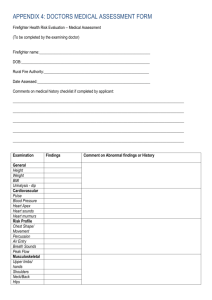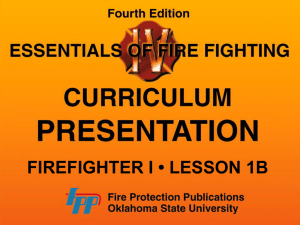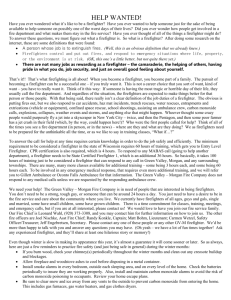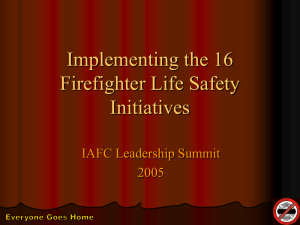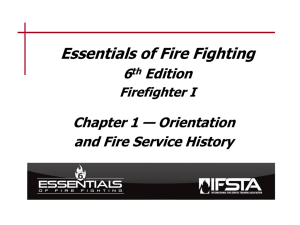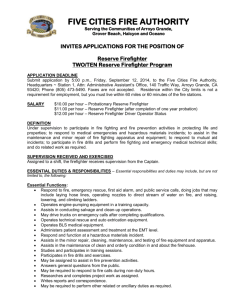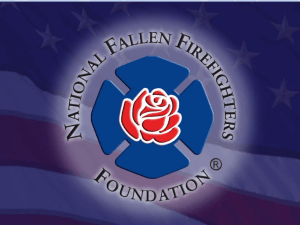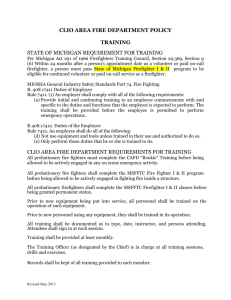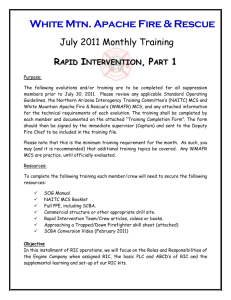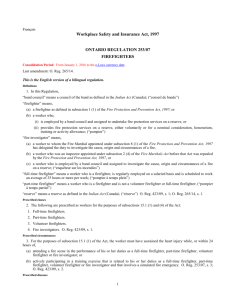Zero Tolerance - League of Minnesota Cities
advertisement
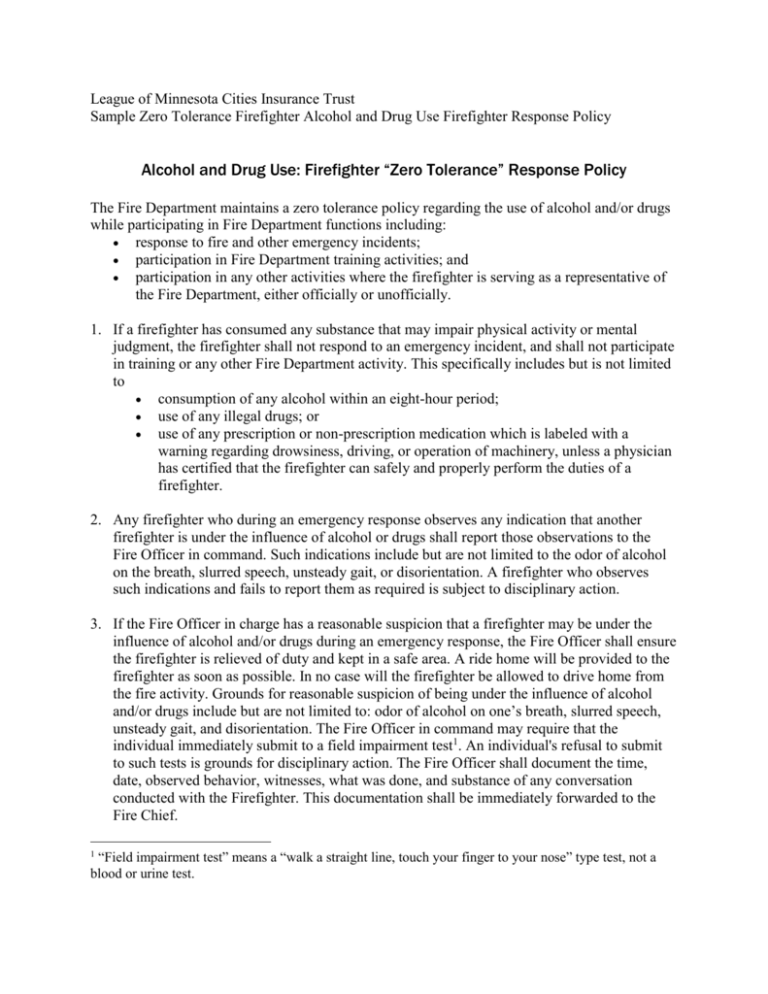
League of Minnesota Cities Insurance Trust Sample Zero Tolerance Firefighter Alcohol and Drug Use Firefighter Response Policy Alcohol and Drug Use: Firefighter “Zero Tolerance” Response Policy The Fire Department maintains a zero tolerance policy regarding the use of alcohol and/or drugs while participating in Fire Department functions including: response to fire and other emergency incidents; participation in Fire Department training activities; and participation in any other activities where the firefighter is serving as a representative of the Fire Department, either officially or unofficially. 1. If a firefighter has consumed any substance that may impair physical activity or mental judgment, the firefighter shall not respond to an emergency incident, and shall not participate in training or any other Fire Department activity. This specifically includes but is not limited to consumption of any alcohol within an eight-hour period; use of any illegal drugs; or use of any prescription or non-prescription medication which is labeled with a warning regarding drowsiness, driving, or operation of machinery, unless a physician has certified that the firefighter can safely and properly perform the duties of a firefighter. 2. Any firefighter who during an emergency response observes any indication that another firefighter is under the influence of alcohol or drugs shall report those observations to the Fire Officer in command. Such indications include but are not limited to the odor of alcohol on the breath, slurred speech, unsteady gait, or disorientation. A firefighter who observes such indications and fails to report them as required is subject to disciplinary action. 3. If the Fire Officer in charge has a reasonable suspicion that a firefighter may be under the influence of alcohol and/or drugs during an emergency response, the Fire Officer shall ensure the firefighter is relieved of duty and kept in a safe area. A ride home will be provided to the firefighter as soon as possible. In no case will the firefighter be allowed to drive home from the fire activity. Grounds for reasonable suspicion of being under the influence of alcohol and/or drugs include but are not limited to: odor of alcohol on one’s breath, slurred speech, unsteady gait, and disorientation. The Fire Officer in command may require that the individual immediately submit to a field impairment test1. An individual's refusal to submit to such tests is grounds for disciplinary action. The Fire Officer shall document the time, date, observed behavior, witnesses, what was done, and substance of any conversation conducted with the Firefighter. This documentation shall be immediately forwarded to the Fire Chief. “Field impairment test” means a “walk a straight line, touch your finger to your nose” type test, not a blood or urine test. 1 4. The Fire Officer may [or “shall”] require a firefighter who is reasonably suspected of being under the influence of alcohol and/or drugs to submit to blood or urine testing in accordance with the City of ______________’s Drug and Alcohol Testing Policy. An individual's refusal to submit to such tests is grounds for disciplinary action.2 5. A Fire Officer in command who fails to fulfill the responsibilities for action listed in Paragraphs 3 and 4 shall be subject to disciplinary action. 6. Disciplinary action for violation of this policy may include a written reprimand, suspension, or termination. A firefighter who responds to an emergency call while under the influence of drugs or alcohol may also be required to undergo chemical abuse assessment and/or treatment. 2 Unless the city has a written Drug and Alcohol Testing Policy that meets the requirements of M.S. 181.950-181.957, the city may not require firefighters or other employees to undergo drug or alcohol testing. If the city does not have a policy, the city must either adopt a policy and establish the other procedures required by the statute, or delete this paragraph.
